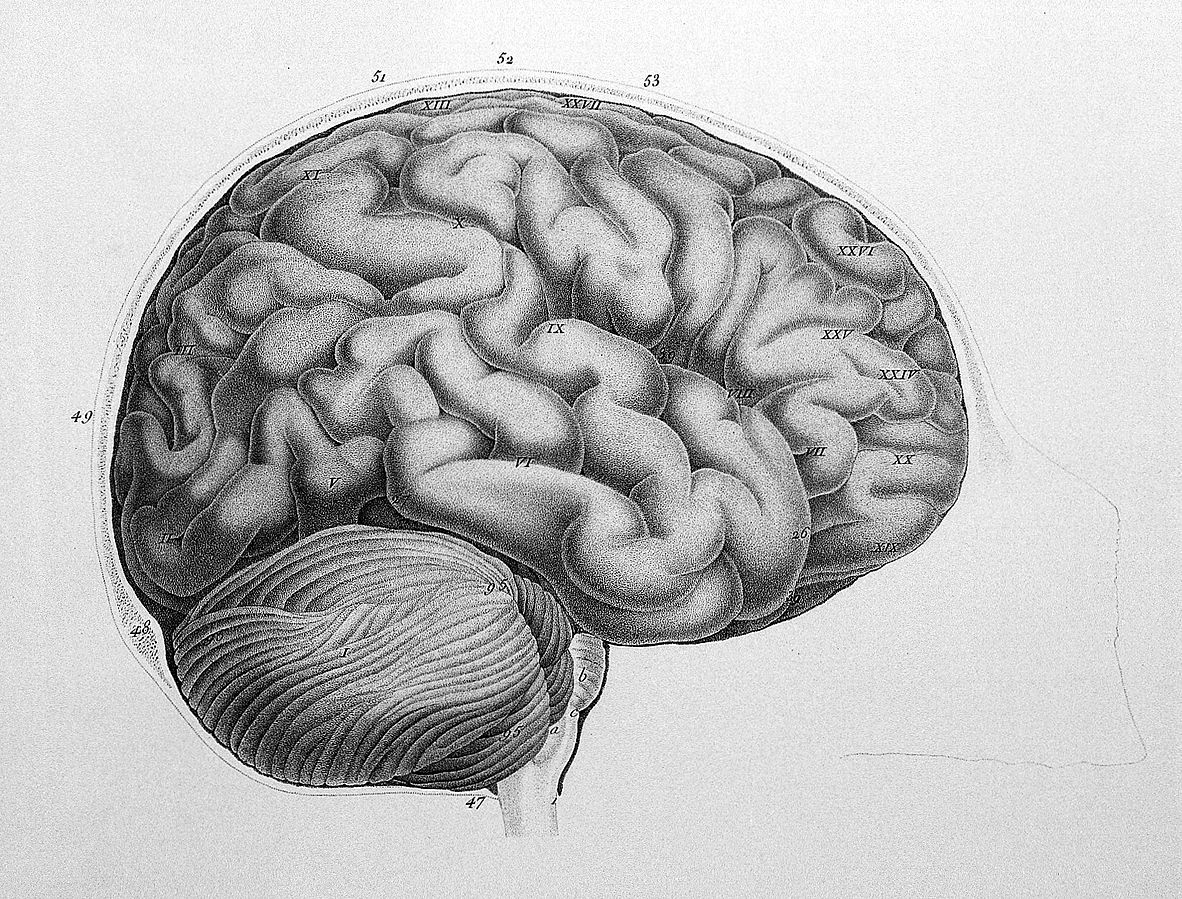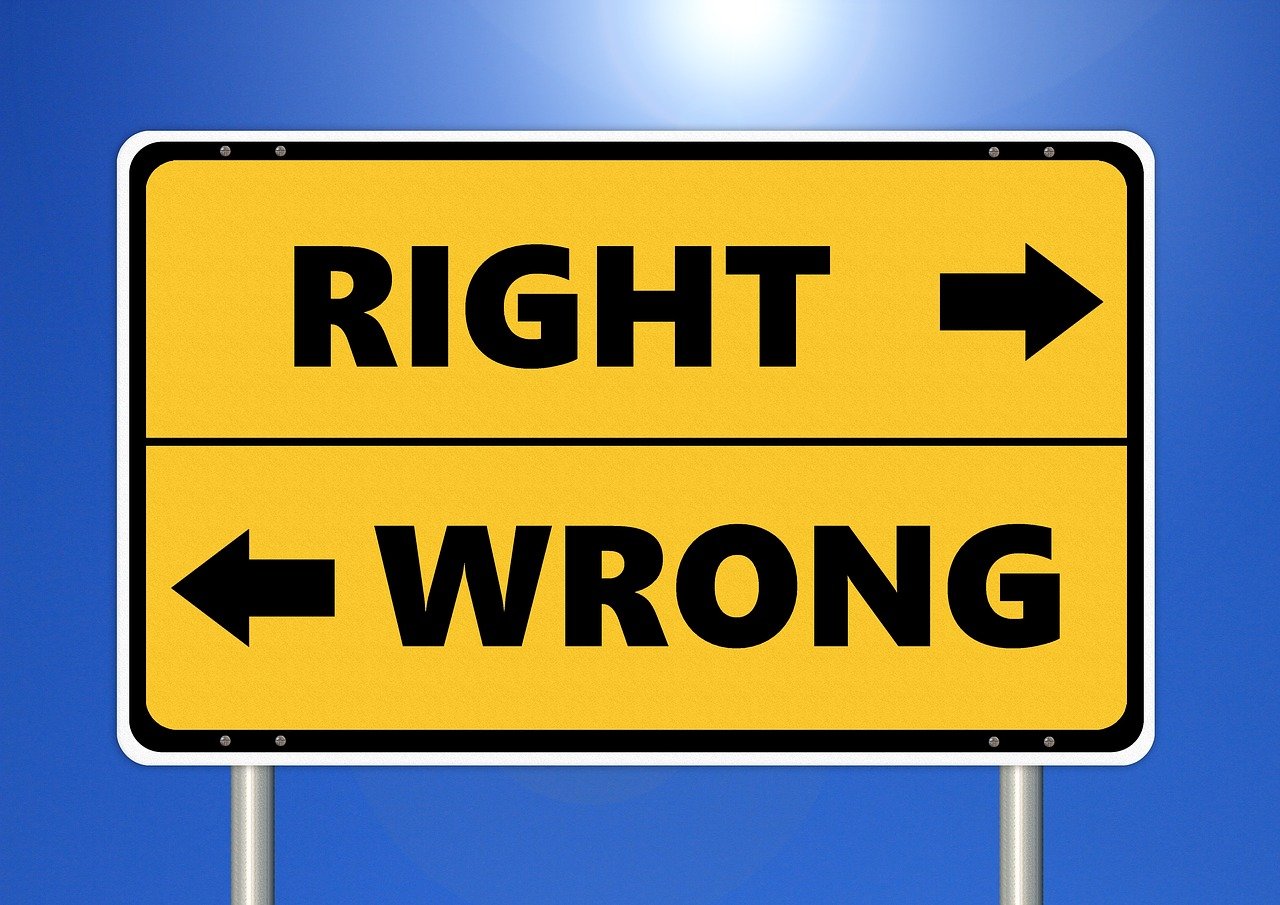
How do you define intelligence in the cognitive domain?
I never delved deeply into the intelligence-mind problem. Defining intelligence is a slipper problem and, in my opinion, not necessarily very interesting. Moreover, there is too much talk about it, which shows that we are possibly hitting a wall. When I first read Turing and approached the philosophy of mind, I never believed there was much promise in that space (definition of intelligence) for many reasons. One reason is the significant confusion about what we can confidently claim to know versus what remains unknown or not fully understood from the neurobiological perspective. When Turing tackled the topic, he simply demonstrated that intelligence essentially boils down to performance when it can be concretely defined. In other words, if x produces y, and if a human would produce y in a manner that we, as humans, would deem intelligent, then x is intelligent (thus, the trick lies in constructing a transitive argument for comparison, etc., which is fair enough for programmers or pure logicians attempting to create some form of computing machine). Turing was very candid in setting limits to the thought experiment. I believe that intelligence pertains to a certain type of performance that necessitates specific properties at the causal level.
[I] If S produces x through I, where I has causal capacity such that x is not produced by chance and x achieve a solution for a given problem, then S is intelligent.


